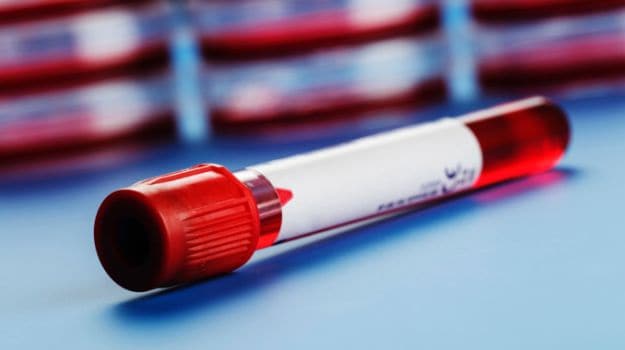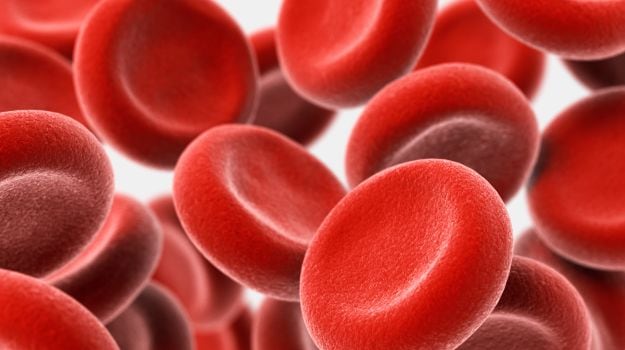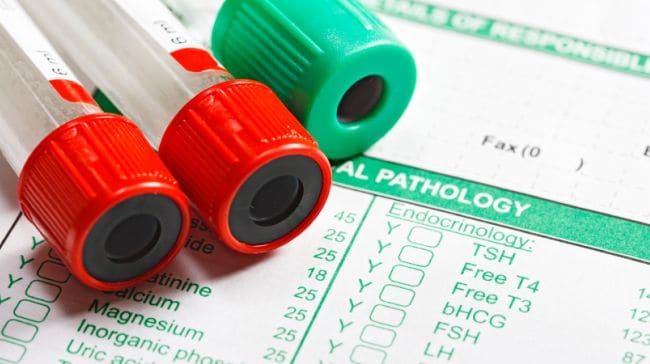Union Minister of Health and Family Welfare, Jagat Prakash Nadda, tweeted today urging everyone to spread awareness of the disease to make the world free of Thalassemia. Recent reports point out that a large number of children who suffer from the disease die before the age of 20 due to the lack of treatment. While talking of deadly diseases, the focus is most often restricted to diabetes, cancer, heart ailments, etc. But it's time even conditions like these are spoken more about.
This #WorldThalassemiaDay let’s spread the awareness to make the world free of thalassemia and other fatal diseases. pic.twitter.com/dJctfH8Hw0
— Jagat Prakash Nadda (@JPNadda) May 8, 2017
What is Thalassemia and What are its Causes?
Thalassemia is a blood disorder, which is inherited from parents. There are three main types of Thalassemia - Alpha, Beta and Haemoglobin E (HbE). The severity depends on how many of the genes are missing from each type. This condition is caused due to gene mutation or deletion of key gene fragments.
Alpha-thalassemia, Beta-thalassemia & Haemoglobin E (HbE) thalassemia are the 3 types of thalassemia. #WorldThalassemiaDay#SwasthaBharat
— Ministry of Health (@MoHFW_INDIA) May 8, 2017
A person is likely to inherit a severe form of the disease if both the parents are carriers of the disease. If only one parent is a carrier, then the child may not show symptoms but will be a carrier of the disease.

Symptoms of Thalassemia
There are various symptoms of Thalassemia depending on the severity of the disease, which are similar to those suffering from anaemia. Some of the common symptoms include -
- Bone disorders
- Slow growth and development
- Yellowish or pale skin
- Enlarged spleen
- Dark urine
- Fatigue and tiredness
- Abdominal swelling

Treatment of Thalassemia
According to a tweet by National Health Portal, Thalassemia patients can live a healthy life if they undergo universal vaccination and eat nutritious meals.
#Thalassemia patients can live healthy life, if they follow universal vaccination & eat nutritious meal.#WorldThalassemiaDay#SwasthaBharat
— National Health Por. (@NHP_INDIA) May 8, 2017
There are different kinds of treatment for Thalassemia based on the severity of the disease. In most severe cases, it involves blood transfusion, iron chelation or even bone marrow transplant.
Following prevention policies can be adopted to reduce affected births through a simple blood test (HbA2 estimation). #WorldThalassemiaDaypic.twitter.com/zOamqJ3eoG
— Ministry of Health (@MoHFW_INDIA) May 8, 2017









